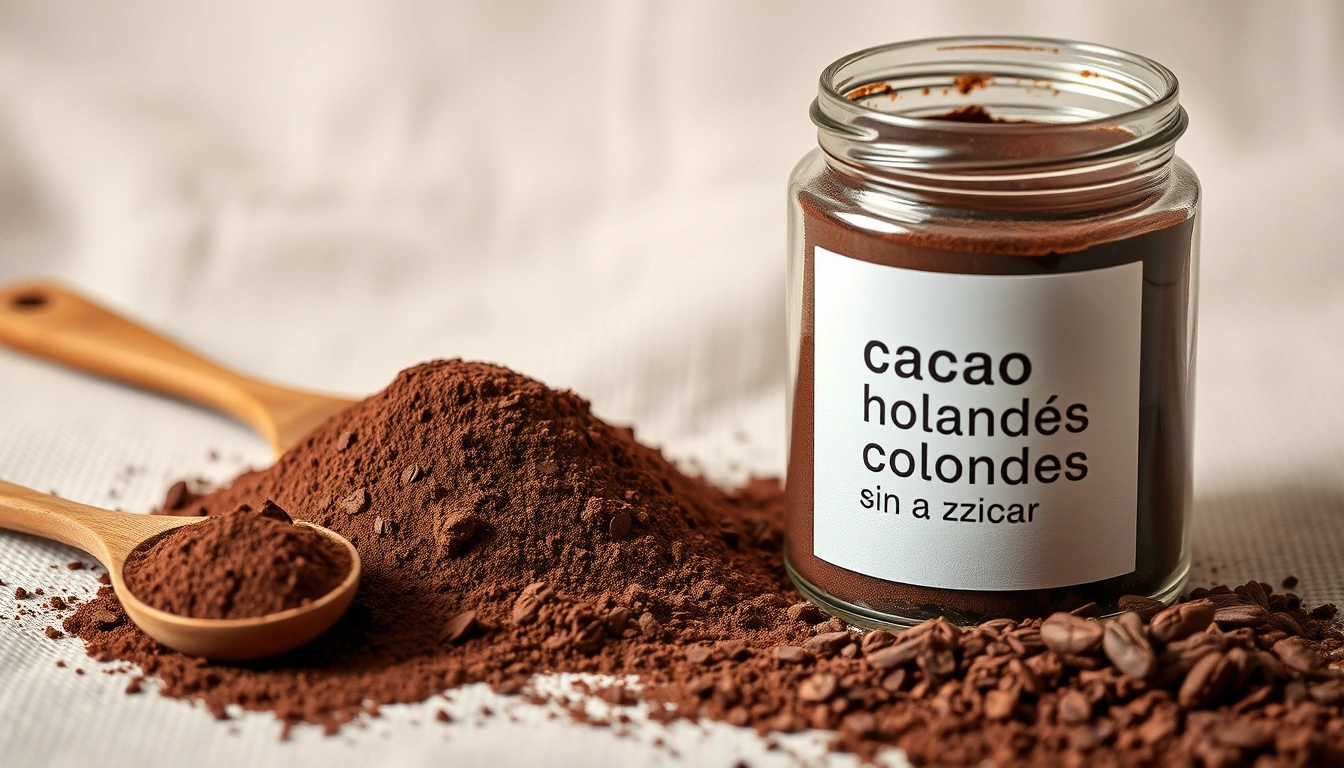
Used in multiple popular recipes
Ingredient Information
Name
Dutch cocoa powder unsweetened
Category
Dulces y Endulzantes
Popularity
15 recipes
Status
Inactive
Description
Unsweetened Dutch-process cocoa is a cocoa powder that has been treated through an alkaline process known as "Dutch processing." This treatment neutralizes the natural acidity of the cocoa, resulting in a smoother, less bitter flavor and a darker, more uniform color. Unlike natural cocoa powder, Dutch-process cocoa has a fine texture and is ideal for providing an intense chocolate flavor in baking recipes and beverages, without adding sweetness.
The origin of Dutch-process cocoa dates back to the 19th century, when the Dutch chemist Coenraad Johannes van Houten developed this method to improve the culinary properties of cocoa. Since then, it has been a highly valued ingredient in the food industry and in home cooking, especially in recipes for cakes, cookies, brownies, and hot chocolate.
Regarding its properties, unsweetened Dutch-process cocoa is rich in antioxidants, although somewhat less than natural cocoa due to the alkaline process. It also contains minerals such as magnesium, iron, and zinc. Its low fat content and absence of sugar make it ideal for those looking to control calorie intake or sugar consumption.
In different regions of Latin America, unsweetened Dutch-process cocoa may be known by various names or related terms, although an exact denomination does not always exist. Some synonyms or similar terms include "alkalized cocoa", "treated cocoa", or simply "unsweetened cocoa powder". However, it is important to note that "Dutch-process cocoa" is the most recognized and commonly used term in recipes to refer to this type of alkalized cocoa.